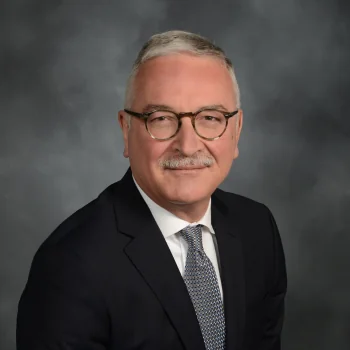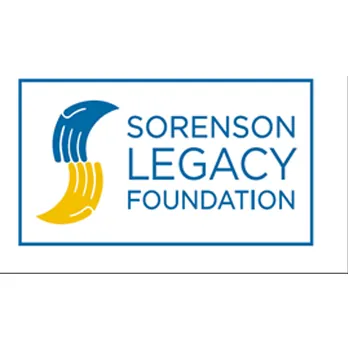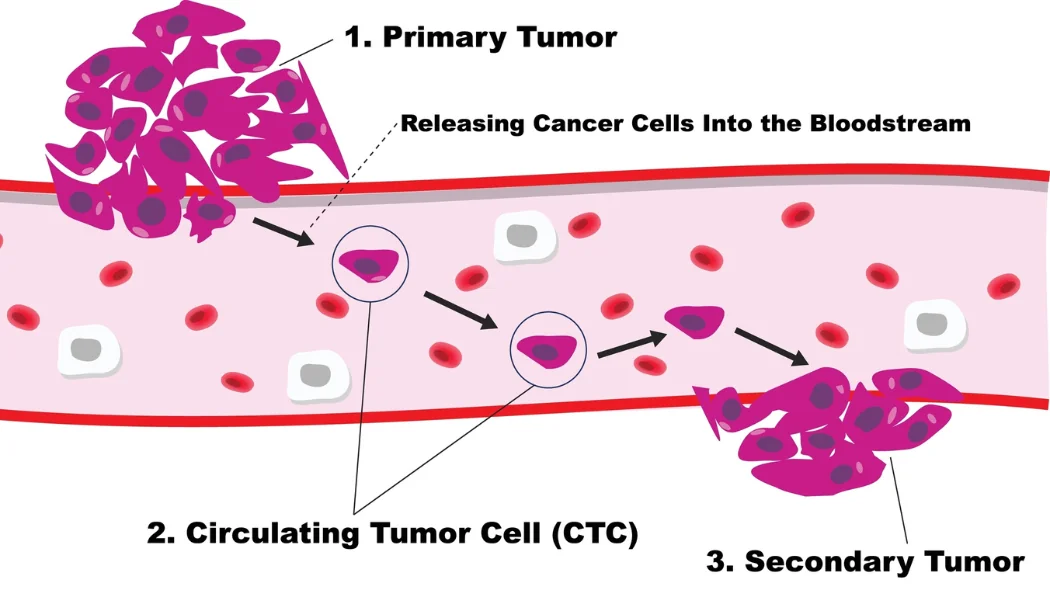Professor of Medicine, Chief of Breast Medical Oncology
Weill Cornell Medicine
Cancer-Types Supported
Click a cancer type below to learn more:

Research Projects
The prognostic impact of the detection of circulating tumor cells from various solid tumors has been widely demonstrated. However, other applications beyond the simple enumeration have not been established or translated to the clinic yet, often due to technical limitations. Among these, cultures of circulating tumor cells for functional tests and drug screening is one of the most promising, but it presents great technical challenges.
The main challenge is to find the right conditions to make the cancer cells grow outside of their host. It is known the cells from the microenvironment can stimulate tumor growth. Dr. Massimo Cristofanilli hypothesizes that by including components of the microenvironment (endothelial cells and myeloid cells) to better mimic the host environment, it is possible to increase the circulating tumor cell-culture success rate.
His research aims to develop a pipeline for the formation of organoids (three-dimensional cultures) from circulating tumor cells collected from patients with metastatic breast and colorectal cancer (MBC and mCRC), to be used for high throughput drug screening (HTDS).
HTDS would enable scientists to understand the effect of multiple drugs on each patient’s tumor and predict which treatments would be more effective. If successful, the Cristofanilli Lab’s pipeline for cancer cell culture and HTDS could be used as a novel platform to study tumor resistance and response mechanisms, try new drug combinations and identify new biomarkers for prediction of response to specific treatments.
Background
Massimo Cristofanilli is Professor of Medicine, Chief of Breast Medical Oncology, Associate Director of Precision Oncology at the Meyer Cancer Center (MCC), and co-leader of the MCC Breast Cancer Disease Management Team, as well as Scientific Director of the Englander Institute of Precision Medicine (EIPM) at Weill Cornell Medicine (WCM).
For the past 20 years, his laboratory has worked on studying and evaluating liquid biopsy diagnostics in metastatic breast cancer (MBC) and inflammatory breast cancer (IBC). Specifically, his team’s research focus has been on detection, characterization and possible therapeutic targeting of occult (microscopic) disease in breast cancer through broad collaborations using established and innovative detection/enrichment technologies.
Additionally, Dr. Cristofanilli has an extensive background in clinical trial design and is a key thought leader in metastatic and locally advanced breast cancer. He has designed and led numerous clinical research studies, including the development of new therapeutic agents in hormone-receptor positive (HR+) MBC and a large prospective study evaluating novel drugs in endocrine-resistance disease that have changed the clinical practice of this condition.
Overall, Dr. Cristofanilli’s work has contributed to advancing patient-centered, biology-driven models of cancer care combining sophisticated tissue and blood-based molecular diagnostic technologies with innovative treatments.

The National Foundation for Cancer Research wishes to thank the Sorenson Legacy Foundation for its generous support to expand on this critical research initiative.
Accelerate innovative research like this and help save cancer patient lives.
Research Focus Areas
Select a Focus Area Below to learn more and see others working in these area.











